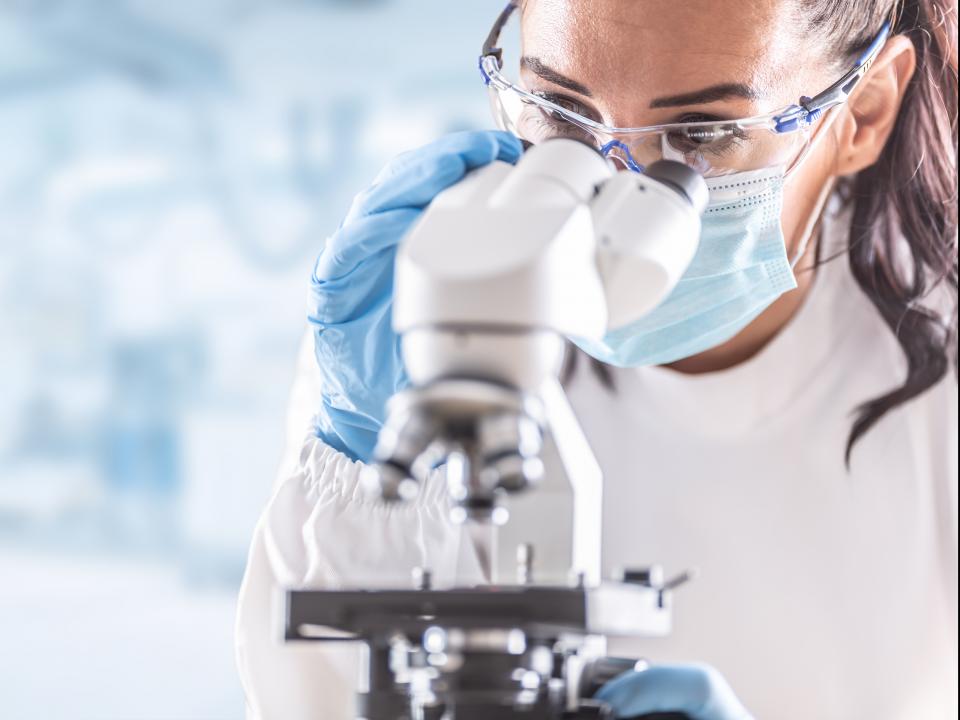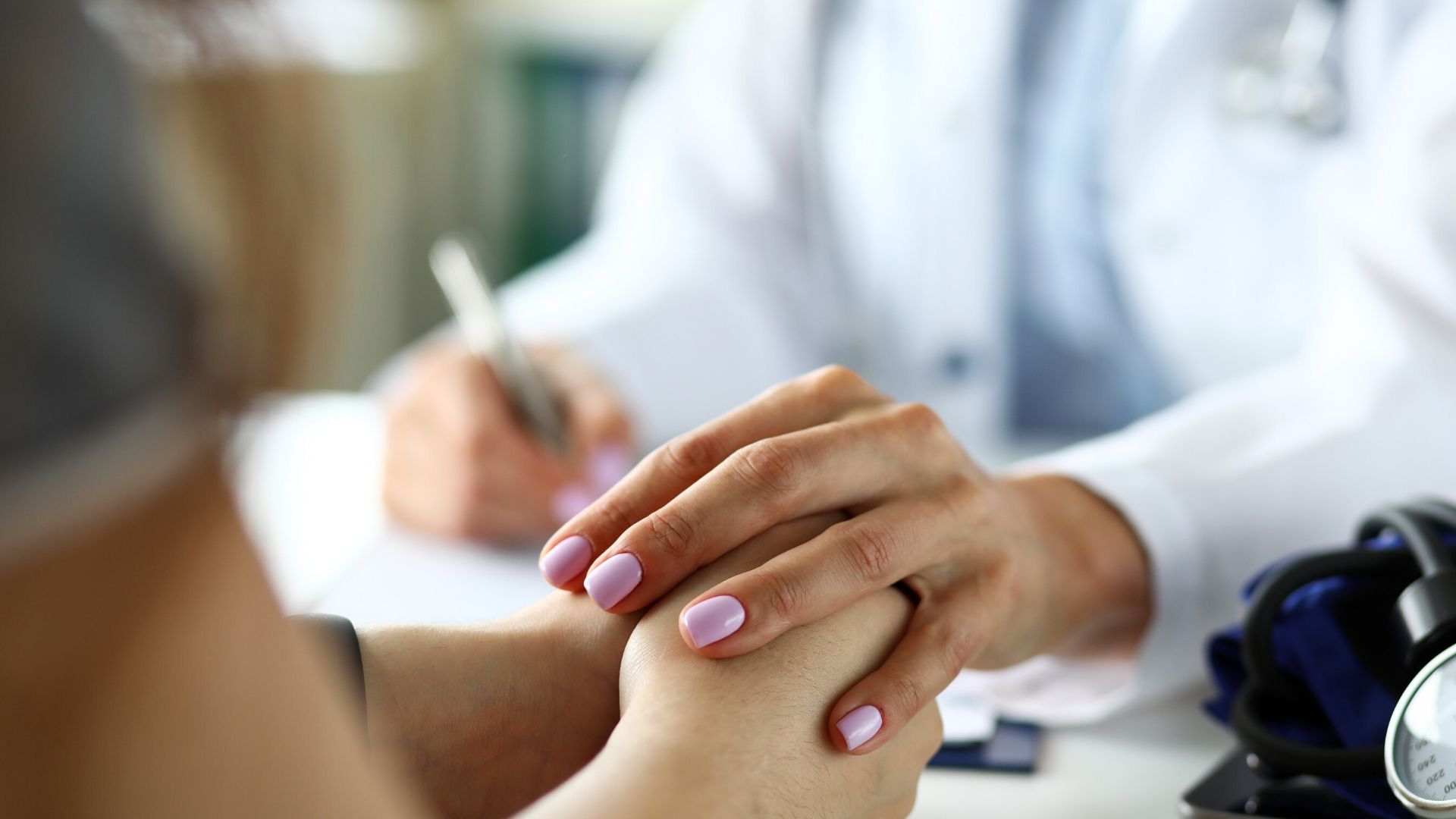After surgery for stomach cancer

On this page:
After surgery
You may spend a short time in an intensive care or high-dependency unit after your operation.
You may have a nastogatric tube up your nose. This is a thin plastic tube used to keep your stomach empty by removing any fluid from your stomach. This will stop you from feeling sick and let your wound heal. It is usually removed after 48 hours.
Most people are ready to go home 7-10 days after surgery.

Pathology report
During your surgery, samples of tissue will be taken. The samples will be tested by a doctor called a pathologist. The pathology report will show how effective the treatment has been and help your doctors to decide if you need further treatment. Your doctor will probably talk to you about your test results at your first follow-up appointment.
Your diet after surgery
To allow your wound time to heal, you won’t be able to eat until the surgical team tells you they’re happy for you to do so. If you have a total gastrectomy, a feeding tube may be put in through your tummy (abdomen) until you can eat again. You will get all the calories and energy that your body needs using a different way of feeding:
- Tube feeding: A tube will be put in through your tummy (abdomen) and give you nutrition until you can eat again. Tube feeding can carry on for as long as you need it. You might still have it when you leave hospital, but it’s easy to look after.
- Total parenteral nutrition (TPN): Nutrients are given to you through a vein.
Starting to eat again
- Fluids by mouth
- Small amounts of soft food
- More solid food with no lumps - chew food well
When you start to eat, you may feel full even after eating small amounts. Your dietitian will advise you on ways to get enough calories and nutrition if you're not eating very much. For example, eating nutritious high-calorie and high-protein foods and taking supplements.
If you cannot take enough food by mouth, you can carry on with tube feeding for as long as it’s needed.
You may notice some changes to how you eat and to your bowels after stomach cancer surgery. These usually get better in the weeks and months following surgery.
Eating difficulties
You may have problems such as having no appetite, feeling full and uncomfortable after eating only small amounts. We have advice on coping with eating difficulties.
Weight loss
Some weight loss is normal at first. In fact, most people don't return to the weight they were before surgery. Weight loss should slow down once you begin to eat well again. But let your medical team know if you have any worries about your weight.
Diarrhoea
Diarrhoea is passing watery bowel motions more than twice a day. You may get diarrhoea 1–2 hours after eating. Usually the diarrhoea is due to nerve damage during your surgery and not because of the food you are eating, so talk to your medical team and don’t change your diet unless your doctor tells you to. Let your doctor know if you have diarrhoea for more than 24 hours. There is medicine to control this side-effect.
Iron deficiency anaemia
Anaemia can make you feel very tired. It can happen because your body doesn’t absorb iron and vitamin B12 from food so well if all or part of your stomach has been removed. Iron and B12 supplements should help you to feel better. Ask your dietitian about this. They can advise you about supplements and recommend foods high in iron and B12.
Dumping syndrome
Dumping syndrome is a very rare side-effect of stomach surgery. There are two types:
- Early dumping syndrome: This happens soon after you have eaten. After a meal, usually high in sugar or starch, your stomach may move food into your bowel very fast. The sudden high concentration of food in your bowel draws fluid from nearby organs and tissues. It can lead to a drop in your blood pressure and an increased heart beat, 30-50 minutes after eating. If this happens, you will feel faint, dizzy and weak.
- Late dumping syndrome: This happens some time after you have eaten. It is due to a sudden rise in your blood sugar when the food passes into your small bowel and the sugar is absorbed. It leads to a sudden rush of the hormone insulin, which causes your blood sugar to drop. You may feel faint, cold and sweaty. It is often worse if you missed the meal before the one you last ate.
Coping with dumping syndrome
- Avoid too much fluid at mealtimes
- Eat small, frequent high-protein meals
- Cut down on sugary foods like sweets, chocolate and sugary drinks
- Don’t skip meals
Dumping syndrome usually settles after a while, but let your doctor or dietitian know if it continues to be a problem
You can read more about side-effects and tips to help you cope in our side-effects section.
Talk to the hospital dietitian if you have any problems with eating or weight loss or if you have bowel problems after surgery. If you would like more information on food and cancer, read our booklet Diet and Cancer.
For more information
Phone
1800 200 700



